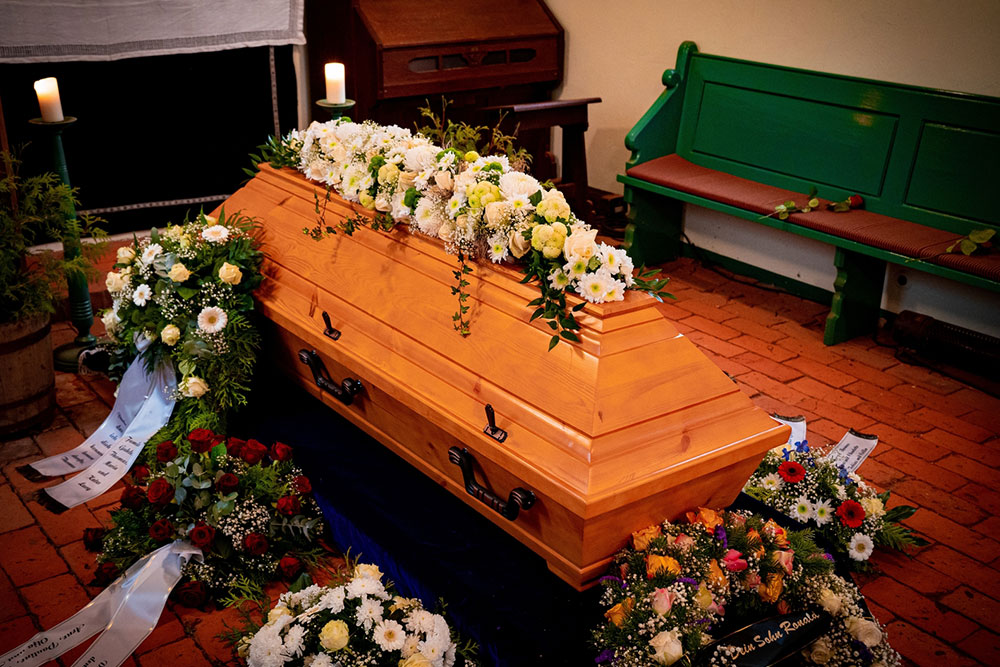5 things to avoid doing at funerals

Organizing a funeral and experiencing the loss of a loved one is a challenging and painful task, as people may feel uneasy while discussing someone’s passing away. A few etiquette errors may come off as unintentional rude behavior and cause embarrassment while attending funeral services. Such mistakes can make the attendees uncomfortable and be challenging for the family, who are already grieving. Therefore, one must avoid some of the most common funeral mistakes.
Arriving late
When attending a funeral, one must remember that this is a time to pay respects to the deceased and offer support to their loved ones. Therefore, arriving at the venue before the service begins is essential. For instance, if the service commences at 11 am, arriving a few minutes early can give one enough time to find one’s seat and allow other attendees to do the same before the family arrives. However, if for any reason one arrives late, it is advisable to make the entrance as discreet as possible. Instead of trying to find a seat in the front row or center, it is better to enter through a side door and take a seat at a corner pew. This way, one can avoid drawing attention to themselves and maintain a decorum.
Dressing inappropriately
Irrespective of the theme of the funeral, it is best to stick with respectable and appropriate outfits. The key idea is to respect the loved one who has passed away. The general outfit etiquette recommends picking something subtle and respectful. Therefore, one must ditch the green pants and shimmery dresses and pick more subdued colors like black, grey, or darker hues.
Taking pictures
It is highly advisable to avoid taking photos and videos at a funeral. It might be when someone sees their family members or friends for the first time in a long time. However, more is needed to commemorate this sensitive time with family pictures. And if one does take pictures or videos, it is certainly not a time to share them on social media.
Bringing pets
Pets bring in an insurmountable amount of joy and comfort. This joy might not be appropriate for every social event one attends. At a funeral, guests who are either afraid of pets or carry allergies might be in attendance. This could make everyone involved uncomfortable. Exceptions can include emotional support animals. Aside from the exceptions, pets should be left behind at home. Funeral and memorial services are gatherings honoring the deceased, and it is best to respect general etiquette.
Sharing instructions on how to grieve
Each person uniquely experiences mourning and grief. It’s better to support the deceased’s family instead of advising on what works for them or oneself. Don’t try to change how someone else mourns their loss; offer comfort and support during difficult times. It’s also best to avoid telling people how they should care for themselves or what they should eat. People need time and space to deal with their loss, so giving them that is important. Also, one must avoid discussing how they might feel in the future.


